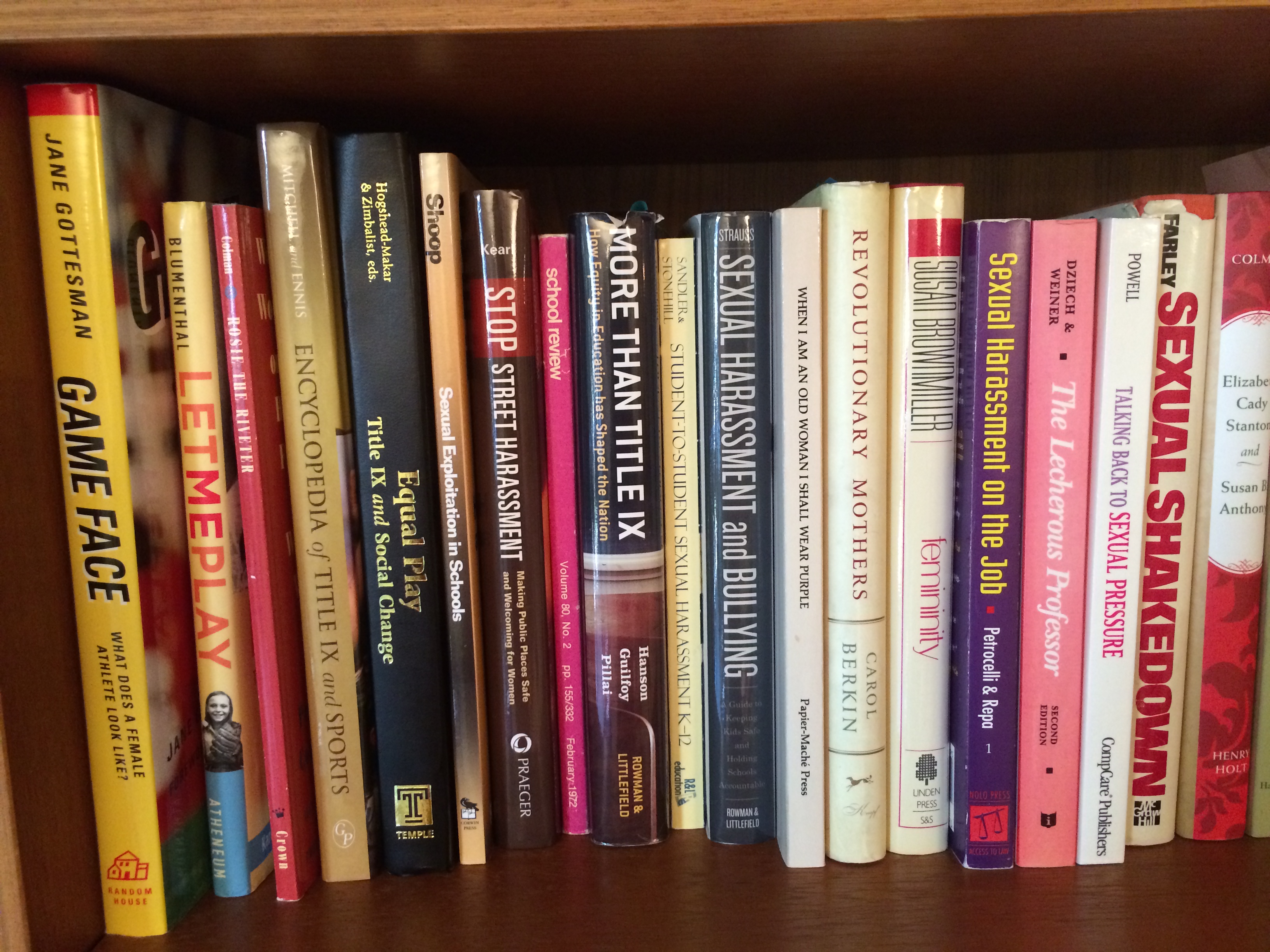Intersectional identities influence Title IX
Title IX has helped millions of people — especially girls and women — deal with sex discrimination in education. You know who it hasn’t helped as much? Girls and women of color or who are ethnic minorities, disabled, immigrants, old, queer, transgender, poor, or have other intersecting identities that increase the likelihood they will be discriminated against. In this recent video interview with Andrea L. Pino-Silva, co-founder of End Rape on Campus, we talked about some of the ways that intersectionality manifests in education, in Title IX activism, and in our lives: Since Prof. Kimberle Crenshaw championed the concept of […]




